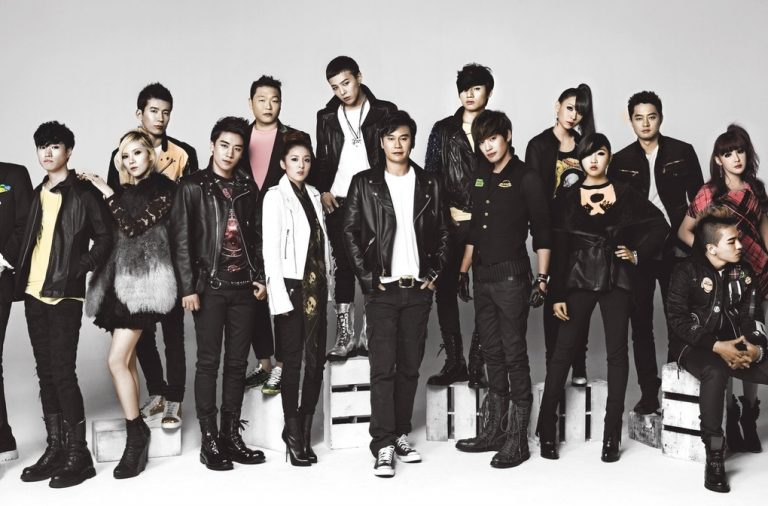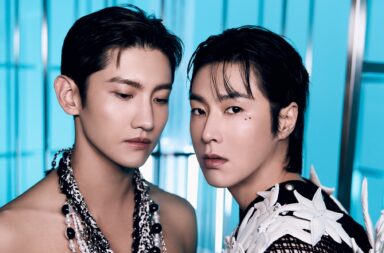
To say that this year hasn’t been the best for YG Entertainment is a massive understatement. 2019 followed T.O.P‘s 2018 scandal; and instead of things looking up for the company, everything has gotten worse and to almost unimaginable levels. We’re talking Yang Hyun-suk formally stepping down, along with his brother and CEO, Yang Min-suk.
This comes after months of a spiraling downfall that started with Seungri and the Burning Sun. In a bid to distract, Black Pink, Winner, and even Lee Hi were given comebacks in rapid succession. But before the company could get back in the good graces of the public, a 2016 incident involving iKon‘s B.I and drugs was uncovered.
The immediate effects to the company were apparent: the falling stocks, the lack in public trust, and the call for a boycott. But what we ask the writers for this Roundtable focuses on the long term: with the multiple alleged crime-related incidents, what could this mean for the image of YG, and how does it impact it’s artists overall?
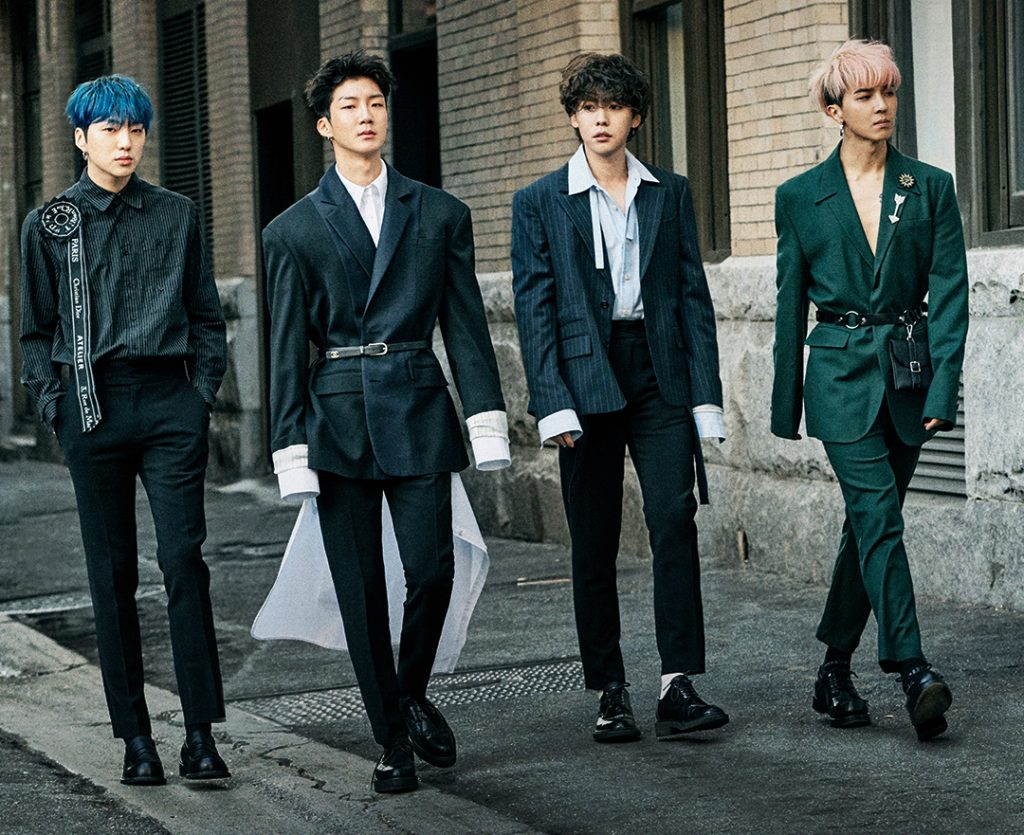
Rimi: I think we’re looking at two separate things: YG’s image, and how it affects YG’s artists. Fans certainly treat them as separate. Dedicated fans of YG’s artists – the ones who buy physical albums and merchandise, go to concerts and music shows, stream, vote – have been calling the company “trash” for ages. As everyone knows, YG artists have unusually long breaks between comebacks, and fans don’t like it. As a fan of Winner myself, I know that at least part of the fandom wishes they could sign with another label. Thus, YG’s bad image doesn’t immediately impact its artists. As an example, Black Pink’s Kill This Love, released in April soon after the Burning Sun news broke, is the fastest girl group album to sell 100,000 copies on Hanteo.
Even so, YG’s image does impact artists in the long run. Let’s be honest – YG artists, particularly idol groups Winner, iKon, and Black Pink, have benefited greatly from debuting under YG. The attention and exposure they received right from debut is incomparable to that of groups from smaller labels. Even established idols struggle. The B.A.P members are all now with smaller companies and struggling to finance their albums, with Daehyun even getting into a crowdfunding controversy. The same is true of most members of the now-disbanded I.O.I, whose groups with their own companies are nowhere near as popular as I.O.I. YG’s stock price has taken a massive hit due to its bad image and it’s been reported that major investors will pull out if YG’s stock price does not recover. If they do, YG may be forced to downsize in order to cut costs. In the worst-case scenario, this may mean either letting go of artists, or longer periods between comebacks, thus affecting their popularity.

Gina: I do agree with Rimi regarding how the image of YG can be a separate entity from its impact on their artists. Unfortunately, they still cause a ripple effect in the greater Korean public. If we think back to the boycott demands that started in response to these news reports on YG, this uprising is directly due to their negative image. Perhaps well aware that directly throwing YG down is near impossible (or is it?), a good portion of the public chose to stop supporting his fellow artists, caught or not. It is true that Black Pink’s “Kill This Love” soared (mostly with the international arena), but that hasn’t prevented BP, Winner, iKon, and Lee Hi from losing valuable public support amid the success.
On one hand, YG artists have been known to maintain their popularity through music alone, despite their scandals. However, this “tolerance” is clearly reaching its tipping point, and it’s questionable whether the image of YG will further incite less trust and loyalty over time. After all, 2019 has sparked a turning point in the agency behind celebrities and CEO’s. While good quality music may never truly die, the public has certainly felt less obligated to support those caught up in its web. Despite their innocence, the public’s current distrust with the industry is undeniably a factor in their umbrella skepticism over everyone.
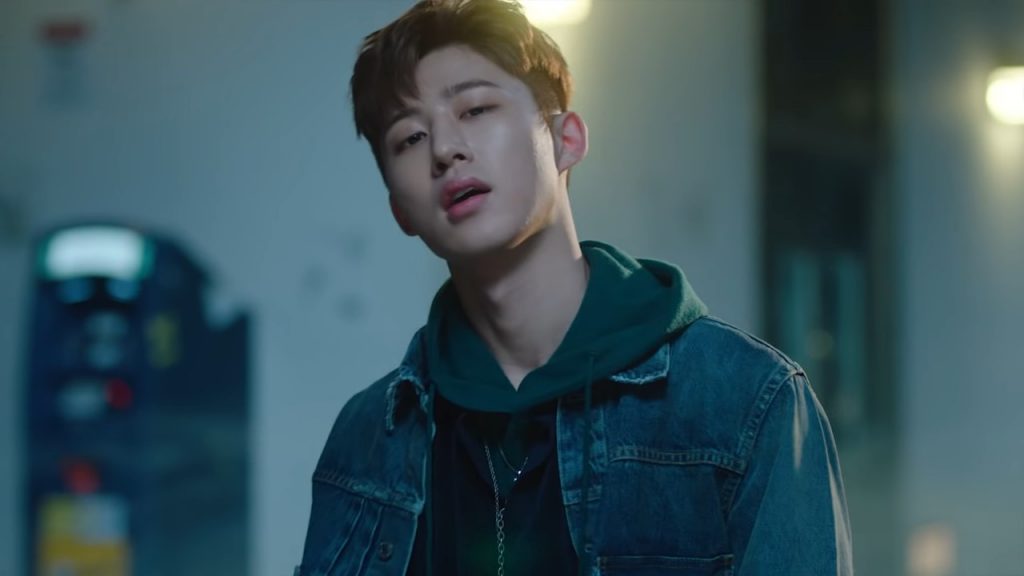
All this to say, the long-standing image of YG has run out of its luck, and people’s growing distrust has surely spread toward their artists. Perhaps this unwarranted association can end if Winner, iKon, AkMu, and Lee Hi can finally escape the dungeon to be recognized beyond their agency’s circumstances.
Gaya: Black Pink getting signed to Universal and the massive international push stemming from it is the only reason why the group has managed to stay largely unscathed. They simply could concentrate on other markets. Meanwhile, monster rookie Lee Hi’s long-awaited comeback has all but fizzled out: first through boycotts and suspicions over the whole exercise being an attempt to distract the public, and also for the B.I feature in the lead single. I think she took the hardest hit of the YG artists not involved in any of the ongoing scandals.
If anyone was to get out of YG, it would be Lee Hi and AkMu. Their fame from K-pop Star can allow them to be seen as more independent from YGE, unlike Winner, iKon, Black Pink, and soon Treasure13, who are YGE products through and through. Again, Black Pink has Universal, but we will have to see how these events may affect that partnership going forward.

Any effect will likely be by association, though; YG’s misogyny means that he favors his male artists, and they get the protections that would allow them to explore drugs. YG favours Black Pink too, but they are definitely given less control than Mino, Bobby, B.I, Big Bang and more. That YG would take measures like sending Han Seo-hee overseas, essentially placing the blame on her, when YGE has a clear insider culture of drug use, is infuriating. Grown men not having to take responsibility for their own actions is peak sexism. Other companies have drug cultures, too — you can’t work those hours in those conditions without something — but YGE is definitely getting more attention for the use of recreational drugs like weed, cocaine, and LSD.
Cjontai: Even though YG is being exposed like this, I don’t foresee the company taking a huge hit, which is partially thanks to their female artists. It’s clear that the burden of cleaning up YG’s image is being placed on those who are not involved (as far as we know). Some fans may point at Blackpink’s recent US tour as proof that the girls are gaining favor, but I think they were merely a diversion from their problematic male peers. Same thing with Lee Hi, who YG claimed was “taking her time” for this recent album. Jun Somi’s debut wasn’t that stellar either, and it’s probably due to it being pushed out sooner to draw less attention towards the artists for whom everyone has questions. It really sucks that the thing that finally got them back out in the spotlight was a last-ditch effort at damage control.
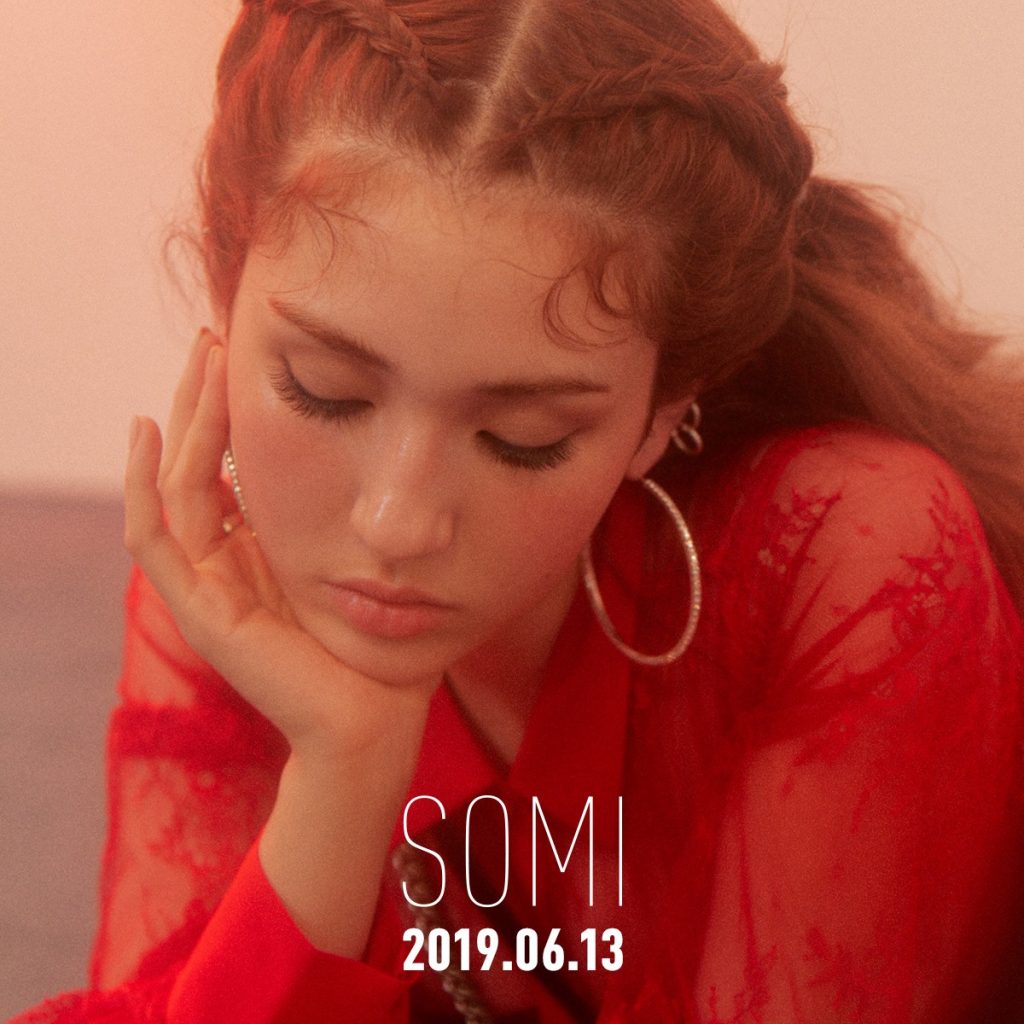
The company can kick out whoever they seek as a liability, but the fact will always remain that these offenses occurred when their employees were still on the payroll. A lot of their current and former artists are now suspect, because how could you NOT know funky business was happening when you’re being invited to private dinners with business people and prostitutes? I’m not saying everyone was involved, but it’s hard to believe so many people were that clueless behind the scenes.
I get that they may have avoided speaking out for the sake of their careers, but understandably, people are going to judge them as being complicit. That’s what’s inevitably going to hurt them the most: the fact that fans don’t know how much of their image to trust. Were they truly oblivious to all of this? Or do they have hidden skeletons that they’re hoping won’t be revealed too?
(Images via YG Entertainment, The Black Label)
